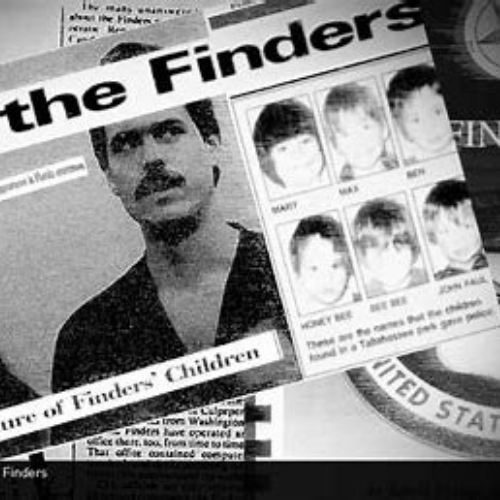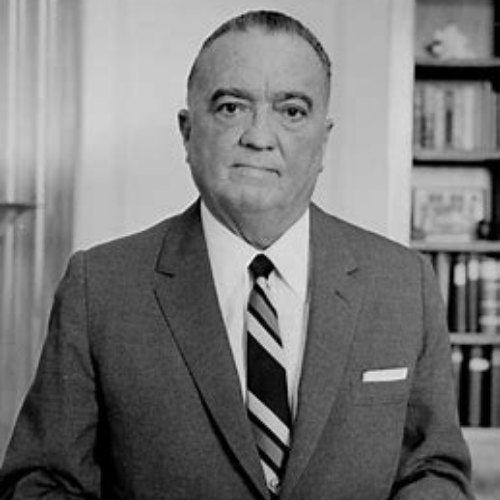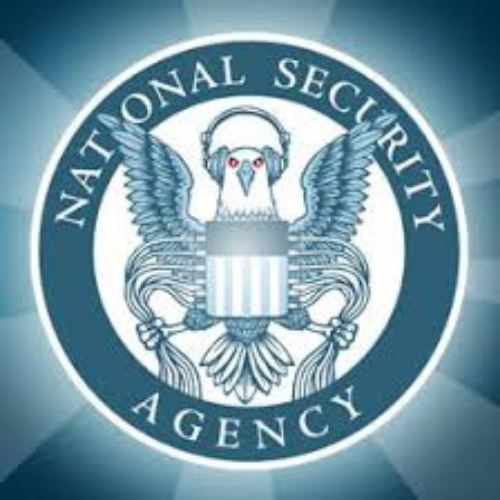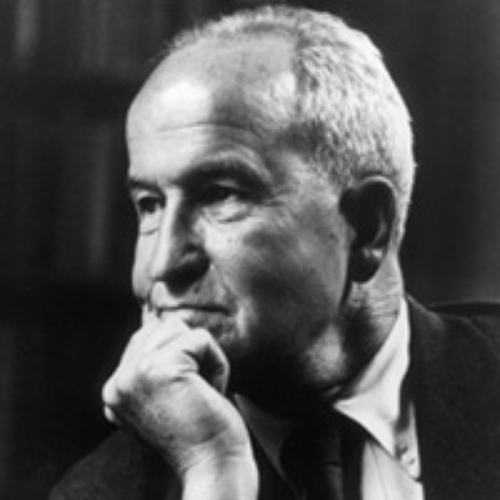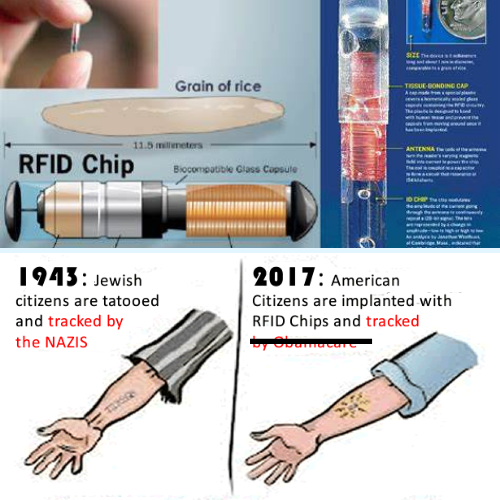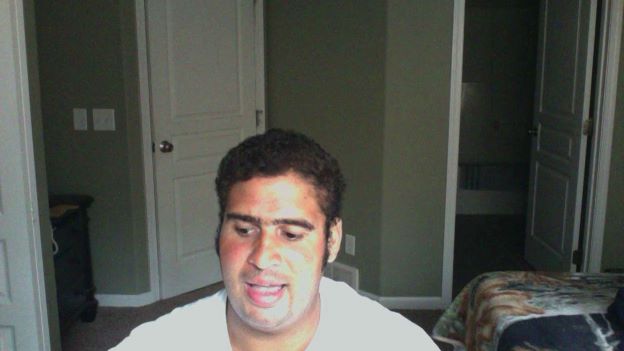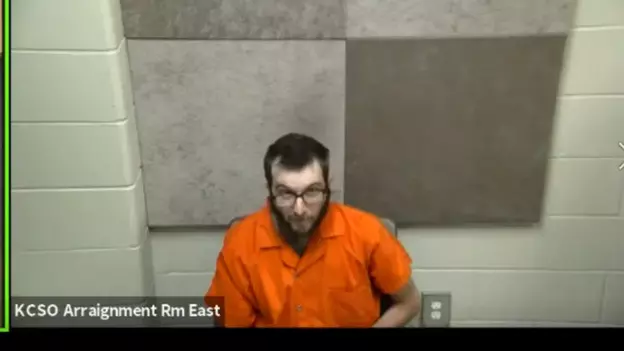The right to privacy is an element of various legal traditions to restrain governmental and private actions that threaten the privacy of individuals. Over 150 national constitutions mention the right to privacy.
The right to privacy is an element of various legal traditions to restrain governmental and private actions that threaten the privacy of individuals. Over 150 national constitutions mention the right to privacy.
In the 1948 Universal Declaration of Human Rights Article 12, the United Nations states:
No one shall be subjected to arbitrary interference with his privacy, family, home or correspondence, nor to attacks upon his honour and reputation. Everyone has the right to the protection of the law against such interference or attacks.
Since the global surveillance disclosures of 2013, initiated by ex-NSA employee Edward Snowden, the right to privacy has been a subject of international debate. Government agencies, such as the NSA, CIA, R&AW and GCHQ, have engaged in mass, global surveillance.
Some current debates around the right to privacy include whether privacy can co-exist with the current capabilities of intelligence agencies to access and analyze many details of an individual's life; whether or not the right to privacy is forfeited as part of the social contract to bolster defense against supposed terrorist threats; and whether threats of terrorism are a valid excuse to spy on the general population.
Private sector actors can also threaten the right to privacy—particularly technology companies, such as Amazon, Apple, Facebook, Google, and Yahoo that use and collect personal data. These concerns have been strengthened by scandals, including the Facebook–Cambridge Analytica data scandal, which focused on psychographic company Cambridge Analytica use personal data from Facebook to influence large groups of people.
Government — Mass surveillance
Governmental organizations such as the National Security Agency (NSA), CIA, and GCHQ amongst others are authorized to conduct mass surveillance throughout other nations in the world. Programs such as PRISM, MYSTIC, and other operations conducted by NATO-member states are capable of collecting a vast quantity of metadata, internet history, and even actual recordings of phone calls from various countries.
Domestic law enforcement at the federal level is conducted by the Federal Bureau of Investigation, so these agencies have never been authorized to collect US data.
After the September 11 attacks, the NSA turned its surveillance apparatus on the US and its citizens.
In March 2013, James Clapper, the Director of National Intelligence at the time, testified under oath that the NSA does not "wittingly" collect data on Americans. Clapper later retracted this statement.
The Government's own Privacy and Civil Liberties Oversight Board (PCLOB) reviewed the confidential security documents, and found in 2014 that the program did have "a single instance involving a threat to the United States in which the program made a concrete difference" in counterterrorism or the disruption of a terrorist attack.






